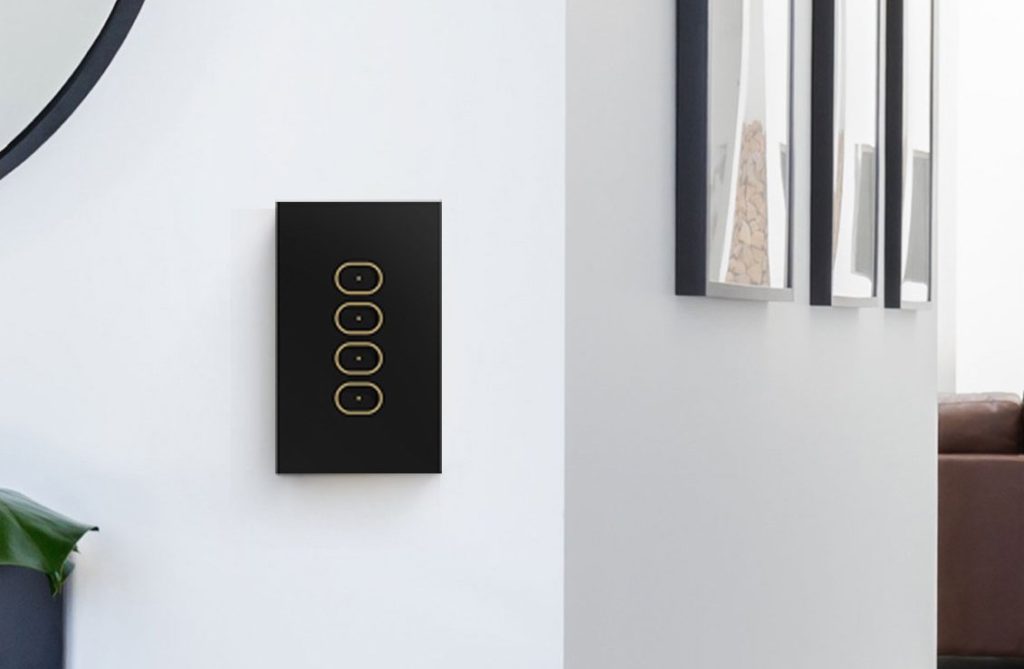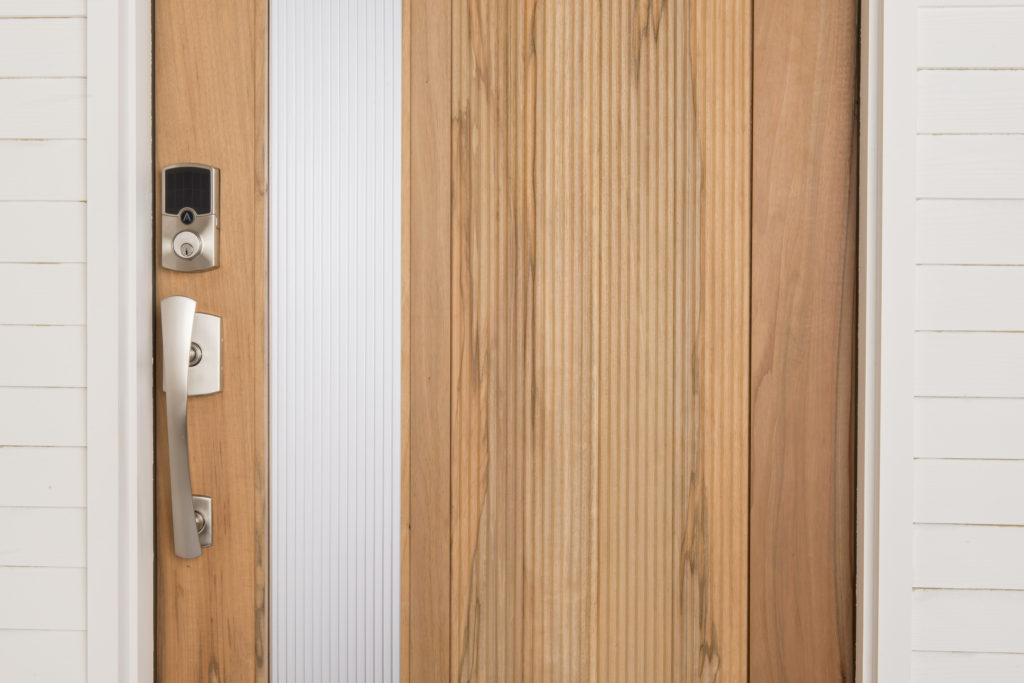This week’s show features Chris Albrecht, editor in chief of The Spoon, as a guest host, which means there will be a review of a connected kitchen gadget — in this case, a connected smoker from Traeger. We kick off the show discussing the FTC’s surprising antitrust review and discuss IoT acquisitions that might get scrutinized. We also mention the Sprint and T-Mo merger and what that might mean for IoT. From there we dive into Nest’s plans to require two-factor authentication, ARM’s new AI edge chip designs, a new product from LIFX, and an NB-IoT module from Tuya. Chris then discusses the sale of a connected brewing appliance called PicoBrew before reviewing the Traeger smoker. We also answer a listener question about which connected doorbell to buy.

Our guest this week is Naomi Lefkovitz, senior privacy policy advisor and lead for the Privacy Framework in the Information Technology Lab at the National Institute of Standards and Technology. She comes on the show to explain what the many, many pages actually mean and how companies should think about and adopt the framework. She also shares why she avoids connected devices in her own life. Unsurprisingly, the complex user agreements aren’t inspiring a lot of trust. You’ll want to hear this show.
Hosts: Stacey Higginbotham and Chris Albrecht of The Spoon
Guest: Naomi Lefkovitz, senior privacy policy advisor and lead for the Privacy Framework at NIST
Sponsors: DigiCert and Very
- Apple and Google could see some smart home deals come under review
- Nest’s two-factor decision could lead to better two-factor authentication methods
- Should I spend $800 on a smart grill?
- Breaking down the NIST privacy framework with a connected fridge
- The new framework won’t make you legally compliant, but it can build user trust
Podcast: Play in new window | Download | Embed
Subscribe: RSS

